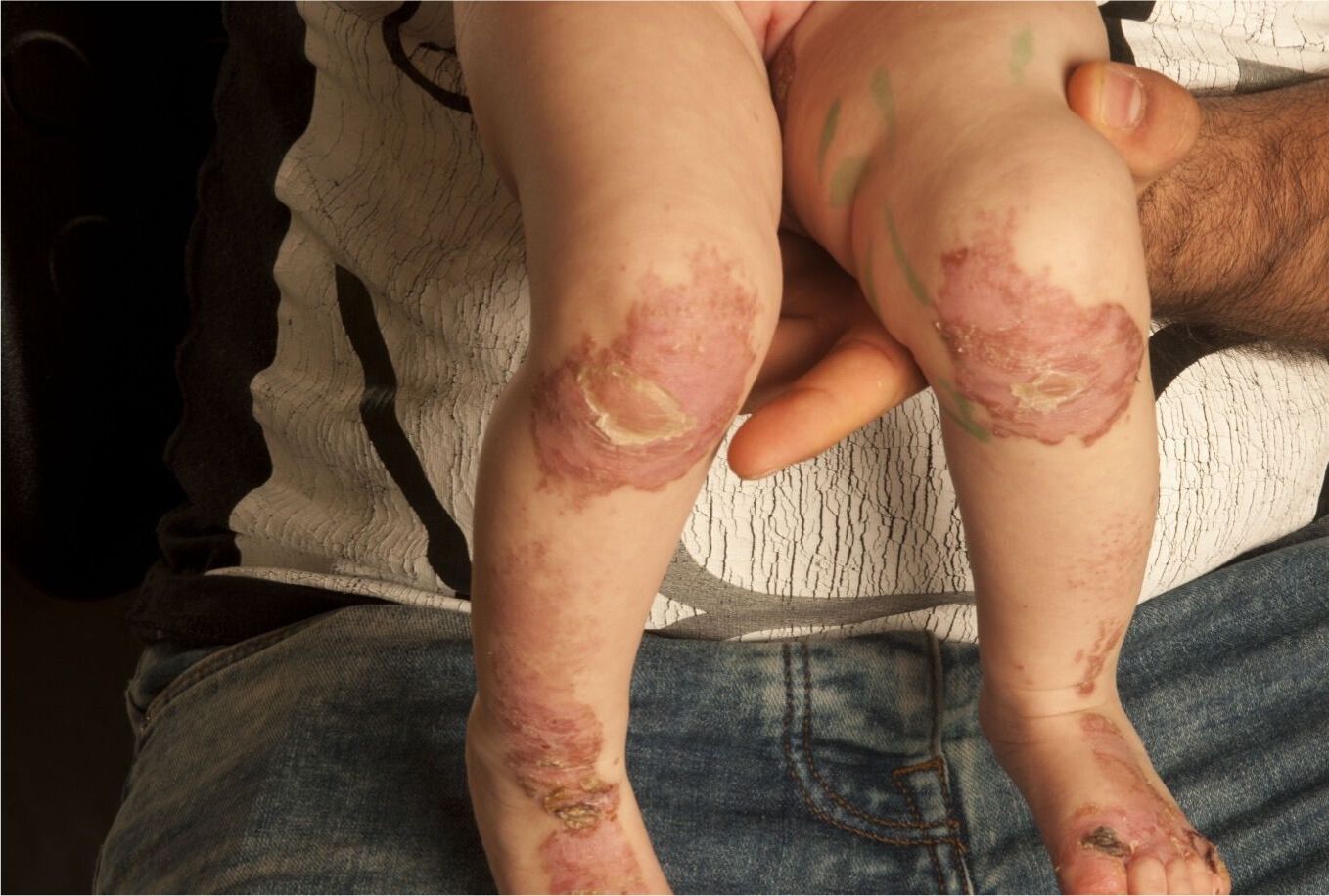
Enteropathica is a rare genetic disorder that affects the body's ability to absorb zinc from the diet. Caused by mutations in the SLC39A4 gene, this condition leads to severe zinc deficiency, which can result in a variety of symptoms. Common signs include skin rashes, hair loss, diarrhea, and growth delays. Early diagnosis and treatment are crucial for managing the symptoms and improving the quality of life for those affected. Treatment typically involves lifelong zinc supplementation, which can help alleviate symptoms and prevent complications. Understanding Enteropathica is essential for recognizing its impact on individuals and their families.
Key Takeaways:
- Enteropathica is a rare genetic disorder that affects zinc absorption, leading to skin lesions, diarrhea, and immune system compromise. Treatment involves lifelong zinc supplementation and genetic counseling for families.
- Understanding the genetic basis of Enteropathica can provide insights into its management and potential future treatments. Symptoms include skin rashes, eye problems, behavioral changes, and delayed wound healing. Treatment involves zinc supplements, dietary adjustments, and regular monitoring.
What is Enteropathica?
Enteropathica, also known as Acrodermatitis Enteropathica, is a rare genetic disorder. It affects the body's ability to absorb zinc, leading to a variety of symptoms. Understanding this condition can help in managing it better.
-
Enteropathica is a genetic disorder. It is inherited in an autosomal recessive manner, meaning both parents must carry the defective gene for a child to be affected.
-
Zinc absorption is impaired. The primary issue in Enteropathica is the body's inability to absorb zinc from the diet, leading to a deficiency.
-
Symptoms often appear in infancy. Babies typically show signs of the disorder shortly after weaning from breast milk.
-
Skin lesions are common. One of the hallmark symptoms includes red, inflamed patches of skin, particularly around the mouth, anus, and hands.
-
Diarrhea is a frequent symptom. Chronic diarrhea is often seen in affected individuals due to zinc deficiency impacting the digestive system.
-
Hair loss can occur. Zinc is crucial for hair health, and its deficiency can lead to thinning hair or bald patches.
-
Growth retardation is possible. Children with Enteropathica may experience stunted growth due to the lack of zinc, which is vital for development.
-
Immune system is compromised. Zinc plays a key role in immune function, so deficiency can lead to increased susceptibility to infections.
-
Diagnosis involves blood tests. Low levels of zinc in the blood can indicate Enteropathica, along with genetic testing to confirm the diagnosis.
-
Treatment includes zinc supplements. Lifelong zinc supplementation is necessary to manage the symptoms and prevent complications.
Causes and Genetics of Enteropathica
Understanding the genetic basis of Enteropathica can provide insights into its management and potential future treatments.
-
Caused by mutations in the SLC39A4 gene. This gene is responsible for zinc transport in the body, and mutations disrupt this process.
-
Autosomal recessive inheritance pattern. Both parents must carry one copy of the mutated gene for their child to inherit the disorder.
-
Carrier parents are usually asymptomatic. Parents who carry one copy of the mutated gene typically do not show any symptoms.
-
Genetic counseling is recommended. Families with a history of Enteropathica may benefit from genetic counseling to understand their risks.
-
Prenatal testing is available. For families at risk, prenatal genetic testing can determine if the fetus has inherited the disorder.
-
Newborn screening is not routine. Enteropathica is not typically included in standard newborn screening panels.
-
Research is ongoing. Scientists are studying the SLC39A4 gene and zinc metabolism to develop better treatments.
Symptoms and Complications
Recognizing the symptoms early can lead to prompt treatment and better outcomes for those with Enteropathica.
-
Skin rashes are a key symptom. These rashes can be painful and prone to infection if not treated properly.
-
Eye problems can arise. Zinc deficiency can lead to issues like conjunctivitis and corneal ulcers.
-
Behavioral changes may occur. Affected children might show irritability, mood swings, or developmental delays.
-
Nail abnormalities are common. Nails may become brittle, discolored, or develop white spots.
-
Delayed wound healing. Zinc is essential for skin repair, so wounds may take longer to heal in those with Enteropathica.
-
Loss of appetite. Zinc deficiency can affect taste and smell, leading to poor appetite and weight loss.
-
Frequent infections. Due to a weakened immune system, individuals may experience recurrent infections like colds or ear infections.
Treatment and Management
Managing Enteropathica involves a combination of medical treatment and lifestyle adjustments.
-
Zinc supplements are crucial. Oral zinc supplements are the primary treatment and must be taken daily.
-
Dietary adjustments can help. Including zinc-rich foods like meat, shellfish, and legumes can support overall health.
-
Regular monitoring is necessary. Blood zinc levels should be regularly checked to ensure adequate supplementation.
-
Skin care is important. Keeping the skin clean and moisturized can help manage rashes and prevent infections.
-
Supportive therapies may be needed. Physical therapy, occupational therapy, or speech therapy can assist with developmental delays.
-
Education and awareness. Educating families and caregivers about the condition can improve care and quality of life for those affected.
Final Thoughts on Enteropathica
Enteropathica, a rare genetic disorder, affects zinc absorption, leading to severe skin issues, diarrhea, and hair loss. Early diagnosis and treatment with zinc supplements can significantly improve quality of life. Understanding the symptoms and genetic factors is crucial for managing this condition effectively.
Parents should watch for signs in infants, as early intervention can prevent complications. Genetic counseling can help families understand the risks and manage the condition better. Though rare, awareness about Enteropathica can lead to quicker diagnoses and better outcomes for those affected.
Staying informed and proactive in seeking medical advice ensures that individuals with Enteropathica receive the care they need. By spreading knowledge about this condition, we can support those living with it and contribute to ongoing research and advancements in treatment.
Frequently Asked Questions
Was this page helpful?
Our commitment to delivering trustworthy and engaging content is at the heart of what we do. Each fact on our site is contributed by real users like you, bringing a wealth of diverse insights and information. To ensure the highest standards of accuracy and reliability, our dedicated editors meticulously review each submission. This process guarantees that the facts we share are not only fascinating but also credible. Trust in our commitment to quality and authenticity as you explore and learn with us.


